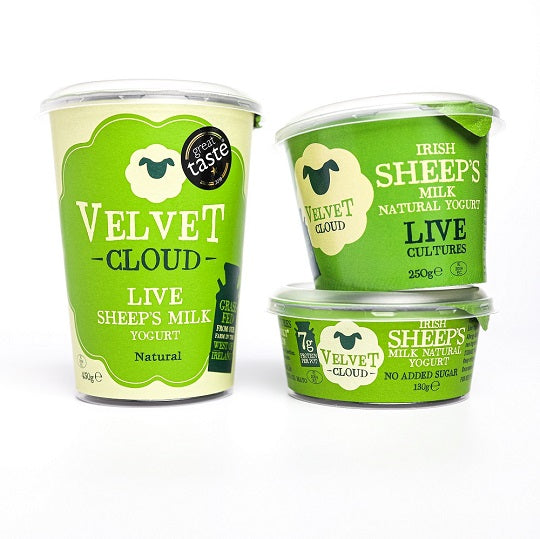The International Journal Of Molecular Science has published a paper called: The Importance Of Bioactive Substances In Sheep's Milk In Human Health by Zuzanna Flis & Edyta Molik
The abstract says that:
Sheep’s milk is an important source of bioactive substances that have health-promoting functions for the body. The valuable composition of sheep’s milk is due to the high content of fatty acids, immunoglobulins, proteins, hormones, vitamins, and minerals. The paper goes on to discuss how many biopeptides found in sheep's milk have antibacterial, antiviral, and anti-inflammatory properties.
Methodology
The methodology used was a literature review of articles and up-to-date information on the importance of sheep’s milk on human health, scattered around the scientific literature, focusing particularly on papers from 1979 to 2021.
Some Key Takeouts
Lactoferrin as a sheep’s milk protein has antibacterial, antioxidant, anticancer and anti-inflammatory effects.
Polar lipids are an important component of milk fat with significant pro-health properties. Although the phospholipid fraction of sheep’s milk is quantitatively a minor component of the overall lipid content, it is extremely important as it exhibits anticoagulant activity.
The processing of milk, especially the fermentation process (for example in making yogurt), enhances the antithrombotic properties of polar lipids against platelet-activating factor and thrombin-induced platelet aggregation.
Of all the ruminants, sheep’s milk turns out to be the richest (1.1%) in conjugated linoleic acid.
Sheep’s milk contains a high content of B vitamins which are important in the development of the brain and the functioning of the nervous system.
The Summary States
Sheep’s milk is a product rich in bioactive substances needed for the proper development of young organisms. The valuable composition of sheep’s milk is due to the high content of fatty acids, immunoglobulins, proteins, hormones, vitamins and minerals. Due to having the highest linoleic acid content of all ruminants, sheep’s milk is effective in preventing obesity, type 2 diabetes and cancer. Many active biopeptides found in milk have proven antiviral, antibacterial and anti-inflammatory properties. In addition, they also exhibit cytotoxic activity against cancer cells. A specific feature of sheep’s milk is the high level of vitamins, especially B vitamins and minerals. The effect of sheep’s milk on the human body is still not fully understood, and the latest research focuses on the importance of orotic acid and microRNAs that are present in the milk of these ruminants. Undoubtedly, sheep’s milk is a rich source of health-promoting substances for the human body, and thanks to this, it can act as an effective functional food.
But..
There are strong claims in the paper relating the content of CLA and orotic acid in Sheep's Milk which prevents the occurrence of type 2 diabetes, Alzheimer’s disease, and cancer. Very good news for us, but like all research, a lot more research, studies, and European applications will be needed before claims like this could be used on packaging. Still it looks like the future is bright, doesnt it?
Here is a link to the full paper
https://www.mdpi.com/1422-0067/22/9/4364/htm




